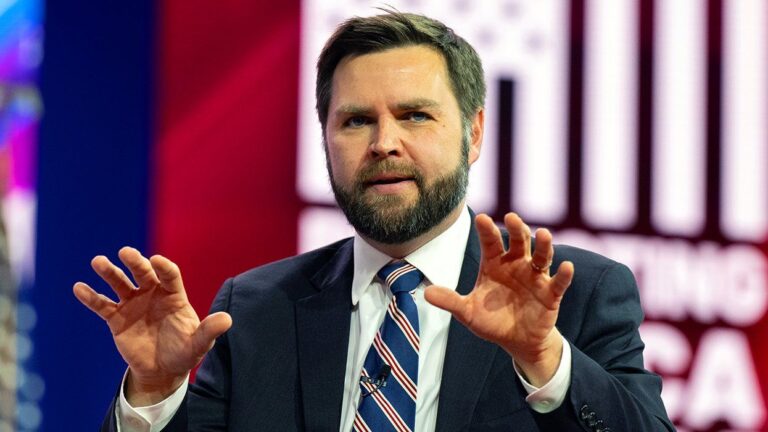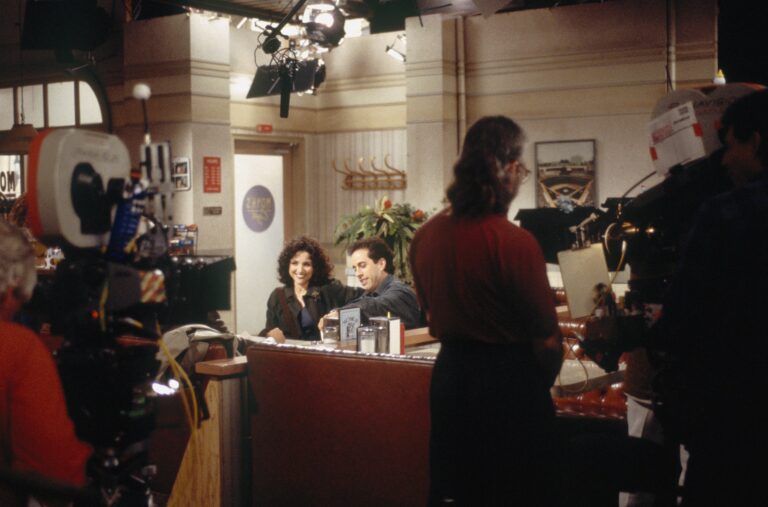Houthi Hunting Club: Examining U.S. Military Racism and Dehumanization
Houthi Target Practice: Unpacking U.S. Military Racism
The complexities of military operations often expose deep societal issues, revealing how institutional practices and beliefs can reflect broader patterns of racism and dehumanization. One particularly alarming aspect that has gained attention is the controversial activities involving the U.S. military and the so-called “Houthi Hunting Club.” This phenomenon not only promotes a troubling narrative regarding military engagements but also ignites discussions around the deeply ingrained racism that appears to influence how certain groups are portrayed and treated in conflict.
Understanding the Houthi Hunts
Before jumping into the heavy stuff, let’s break down what the “Houthi Hunting Club” refers to. At its core, it symbolizes a dangerous game being played, where opponents are not regarded as complex human beings with lives, families, and stories. Instead, they become targets in a bizarre spectacle that many see as trivializing serious geopolitical conflicts. Such activities resonate with a narrative that turns life into a video game, stripping away individuality and humanity from those on the opposing side.
The Houthis, primarily a group based in Yemen, have been entrenched in conflict for years, fighting against various adversaries, including Saudi Arabia and the U.S. military’s interests in the region. But rather than exploring the rich culture or the legitimate grievances of the Houthi fighters, this “club” turns these individuals into caricatures, making them mere prey for those with the privilege of power.
The Roots of Racism in Military Culture
To fully grasp how such acts can emerge, we need to dive deep into the roots of racism within military frameworks. Throughout history, we see that militaries worldwide have often been entrenched with nationalist ideologies, which tend to dehumanize those perceived as enemies. The U.S. military, for all its diversity and progress in other areas, is not immune to this trend.
Dehumanization as a Tool
Dehumanization plays a critical role in facilitating violence. By portraying enemies as subhuman or otherworldly, soldiers are more likely to disengage from their moral compass. When discussing the Houthi targets, rhetoric that diminishes their humanity makes it easier for individuals to see them simply as obstacles rather than people.
It’s not just a matter of individual viewpoints; it’s a systemic issue. Soldiers often get conditioned to think the “enemy” is less-than-human, which aligns well with the narratives circulated in training sessions and combat zones. This conditioning doesn’t solely impact military engagement; it seeps into public perception and policy-making.
Institutional Racism and Military Engagement
When considering the broader context, institutional racism emerges as a significant factor. It intersects with various issues, including the U.S. military’s focus on certain regions over others, often justified by the assumption that those from different backgrounds are inherently dangerous. Military actions against groups such as the Houthis can reflect longstanding racial stereotypes that demonize non-Western cultures while presenting Western soldiers as “heroes” fighting terrorism.
The Consequences of the Houthi Hunting Club
So, what are the repercussions of this unsettling trend? The results go far beyond mere indignation.
Normalization of Violence
When killing is gamified, it normalizes a dangerous mindset. Taking pride in “hunting” an enemy echoes sentiments of trophy hunting or video game culture, where digital lives become irrelevant. It fosters a perception that violence is an acceptable means to an end and desensitizes both military personnel and the general public to real conflict.
Impact on Foreign Policy
The ramifications don’t stop at gaming culture. They extend to foreign policy decisions. Treating the Houthis—or any group—as mere targets can lead to poorly conceived military strategies and underestimations of political complexities. Engagements fueled by prejudice result in short-sighted policies that can exacerbate conflicts rather than resolve them.
Legitimization of Racism and Bigotry
Furthermore, when narratives of dehumanization become mainstream, they reinforce racist stereotypes within society. The repeated portrayal of certain groups as dangerous or less-than-human fosters an environment where racism becomes institutionalized. This makes it easier for acts of aggression to be rationalized, thereby perpetuating cycles of violence and discrimination.
Changing the Narrative
While the current landscape seems daunting, change is indeed possible. The following approaches could help foster a more inclusive and compassionate military ethos:
Combat Training Revisions
Military training sessions could benefit significantly from revisiting how they represent enemy combatants. Integrating cultural education and empathy-building exercises can encourage soldiers to see individuals on the other side of the conflict as human beings with complex motivations.
Media Representation
Media outlets have a crucial part to play. By portraying the complexities of conflict through more nuanced storytelling, journalists can challenge the simplified narratives that contribute to dehumanization. This assists in preventing the glorification of violence and helps the public understand the broader implications of military engagements.
Public Awareness and Advocacy
Lastly, advocacy groups and the public need to hold military institutions accountable. Raising awareness about how entertainment, media, and military propaganda contribute to dehumanization can create pressure for reforms aimed at reducing racism and promoting a more humane approach to conflict resolution.
Conclusion
The “Houthi Hunting Club” is not just an unsettling novelty; it’s a reflection of deeper societal issues that resonate through the military and beyond. The intersections of racism, violence, and dehumanization are crucial to unraveling the roiling tensions in modern conflicts. By addressing these elements head-on—through education, awareness, policy reform, and advocacy—we begin to take necessary steps toward building a more empathetic and equitable world, not just for those in uniform, but for every person caught up in the impacts of war.
FAQs
Q1: What is the “Houthi Hunting Club”?
A1: The term refers to the troubling practice within some military circles that trivializes conflict and dehumanizes individuals from the Houthi group, making them targets rather than recognizing their humanity.
Q2: How does racism manifest in the military?
A2: Racism in the military often appears in the form of dehumanizing narratives about enemy combatants, which can desensitize soldiers and influence public perceptions and foreign policy.
Q3: What are the consequences of dehumanization in military contexts?
A3: Dehumanization can lead to normalization of violence, perpetuation of racial stereotypes, and serious implications for foreign policy decisions, making conflicts harder to resolve.
Q4: How can the military address these issues?
A4: The military can incorporate cultural education and empathy training in combat training, promote nuanced media representation, and actively engage with advocacy groups to foster a more compassionate environment.
Q5: Why is it important to change the narrative around military conflicts?
A5: Changing the narrative is critical to preventing the glorification of violence and ensuring a deeper understanding of the complexities involved in conflicts, leading to more humane approaches in future engagements.






